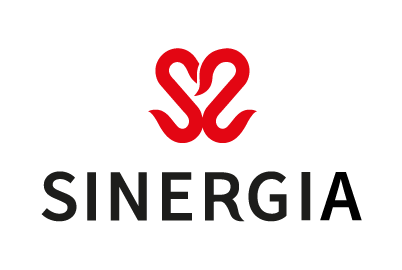EQUALIZED ACCESS TO SPORTS AND RECREATION FOR YOUNG RESIDENTS OF THE REGION
The primary goal of the successful operation of this program is to provide children who have limited opportunities to participate in organized sports activities with access to sports activities and to build in them the motivation for regular physical activity. The main challenge faced by local communities is limited access to sports, mainly due to financial barriers.
The concept of our project involves a local sports organization in Mesti that has a real impact on engaging children and young people in an active lifestyle. It is at the local level, by supporting such projects, that we can reach the greatest number of children and instill in them a love of movement and physical activity.
Our Purpose
In addition to developing tourism infrastructure and improving the professional skills of the region’s residents, it is important to focus on the daily lives of the youngest. Children and young people face many problems. One of them is difficult access to education. There is one of many villages in the region that cannot provide the youngest residents with development and education. This is the village of Adishi, which is located on the route from Mestia to Ushguli.
The residents make a living from tourism, but the lack of a school and kindergarten for their children is a huge problem. It is necessary to move seasonally to larger settlements that will provide permanent access to education for children and work for adults. Adapting the premises into a kindergarten center will provide the youngest residents with access to learning and play, and the parents of these children with the opportunity to earn money and develop tourism in the area.
The final point of the project is to provide children and young people in the region with an important tool to support their healthy physical, mental and social development – namely, bicycles. Taking advantage of the opportunities provided by Svaneti’s terrain, we want to enable the development of physical activity through easy access to this means of transportation. Children and young people who do not have access to this type of sports equipment are deprived of the numerous benefits of cycling, i.e. from developing motor skills, to learning independence, to social integration and fun among peers. The purchase of unicycles for the region’s youngest residents will contribute to the development of physical fitness and active leisure activities for both boys and girls. What with the cultural peculiarities of the region, the physical and intellectual development of girls will benefit.
